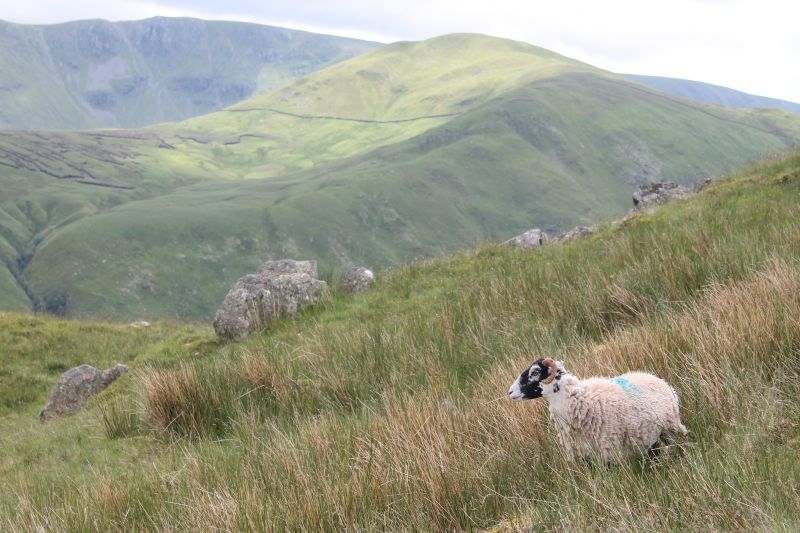
Natural England could alienate upland farmers if it continues to push them away from environmental schemes by limiting their farming activities, the National Sheep Association (NSA) said.
Upland farmers are being offered new Countryside Stewardship agreements which propose significant stocking reductions, it has been reported the group.
Farmers in upland areas, particularly in the North West of England, are being offered the new agreements.
The NSA said this seems to conflict with agreements in other areas where some farmers are being allowed to roll existing agreements forward.
It believes the intention should be to ensure continuity until new post-Brexit environmental land management schemes (ELMs) become available in coming years.
NSA Chief Executive, Phil Stocker said it is 'concerning' that hill farmers are 'almost being blackmailed' to further reduce stocking and grazing levels in order to access interim countryside stewardship schemes.
“We are in a period of huge change and will see new ELM schemes over the coming decade.
“The purpose here should be to tide us over until these new schemes are available, continuing the good work that farmers are doing and ensuring sustainable income for farmers in return.
“We know these schemes are essential to the viability of many upland farms, although, it gets to a point when the restrictions they place on the farming enterprise make them not worthwhile at all,” he said.
NSA added that Natural England is running the risk of alienating hill farmers from agri-environmental schemes.
The group claimed that reducing sheep numbers will not improve the environment, and many upland areas are currently experiencing under-grazing.
“What is needed is a halt to any new requirements and a recognition that a blanket policy of reducing sheep numbers as a proxy for environmental improvements is now an outdated approach,” Mr Stocker added.
“We risk undermining very traditional upland grazing systems and once they are lost, along with the skills and the people, they are very difficult to get back.”
